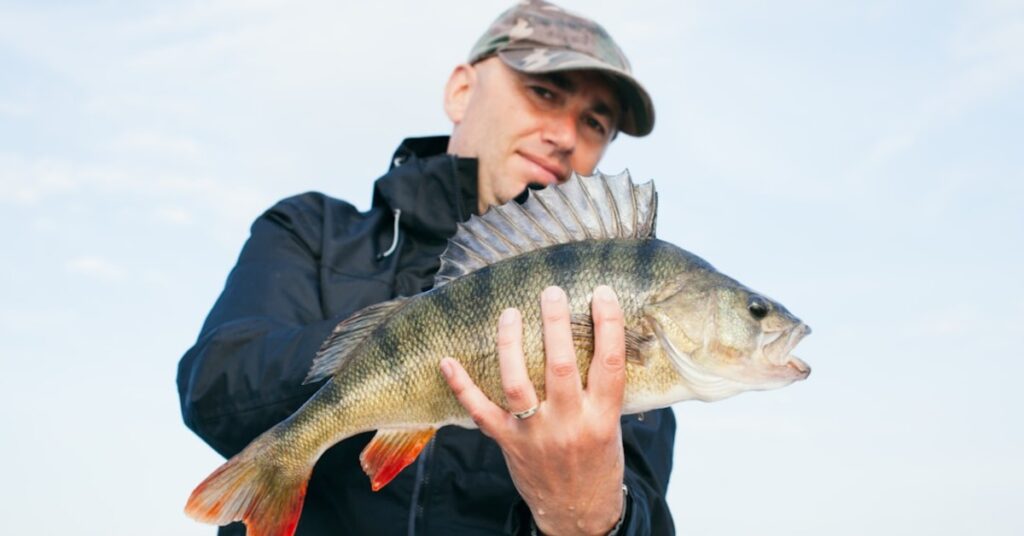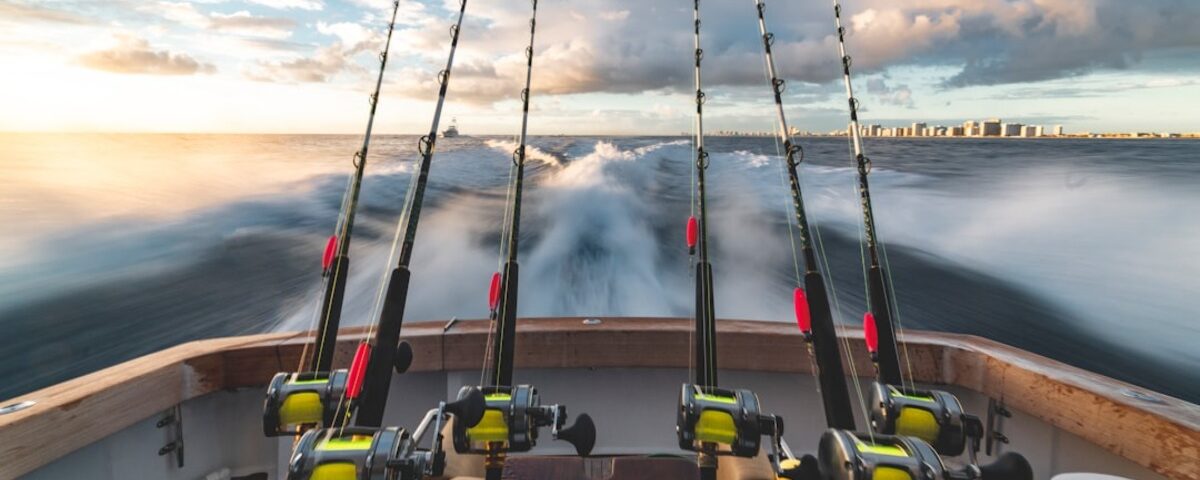Few outdoor pursuits spark as much controversy as the classification of fishing. Is it simply a peaceful pastime, similar to stamp collecting, or does it include the physical and competitive characteristics that identify a sport? This conversation digs into the nuances of fishing, evaluating its physical requirements, inherent risks, competitive nature, and regulatory features to establish its proper place.
Is Fishing a Sport?
The answer to the question “Is Fishing a Sport?” depends on how you define a sport. Sports have traditionally been viewed as competitive activities that require ability and physical power, and are frequently played in teams or against opponents. According to these criteria, fishing unexpectedly checks all the boxes. It’s more than just casting a line into the water and waiting; it requires a thorough grasp of fish behaviour, mastery of numerous tactics, and tremendous physical exertion, particularly when dealing with larger specimens.
Fishing, in its various forms, necessitates a diverse skill set that grows with experience. Anglers must be patient, dexterous, and strong to perform tasks ranging from fly fishing precision to deep sea expedition endurance. Consider an extreme angler fighting a marlin off the coast or an ice fisherman braving the cold for hours. These scenarios demonstrate the physical and mental demands that make fishing more than just a pastime.
The Physical and Skillful Nature of Fishing
When you consider the physical strain and skill required for fishing, you can see why it is considered a sport. Angling, in particular, tests one’s strength and endurance. The task of reeling in a fish, especially one of notable size, can be a difficult battle of stamina and technique. The physical toll on an angler’s body after hours of battle is comparable to that of sportsmen in more widely recognised sports.
Furthermore, fishing techniques differ greatly, each presenting its own set of problems. Anglers must constantly refine their talents, whether it’s mastering the delicate art of fly fishing or navigating the unpredictable waters of deep-sea fishing. The pursuit of a “monster catch” demonstrates not only physical talent but also the angler’s strategic savvy, echoing the multidimensional skill set found in traditional sports.
The Risks and Dangers Associated with Fishing
Addressing the hazards associated with fishing further links it with the characteristics of traditional sports. Fishing, like mountain climbing or rugby, is dangerous, especially in its most extreme forms. Offshore fishing, which takes place far from land, carries a significant danger. The possibility of an accident serves as a sharp reminder of the sport’s inherent perils, which are similar to the physical risks associated with many contact sports.
Anglers’ encounters with violent marine creatures or finding themselves in life-threatening situations highlight the danger factor of fishing. Such situations, while fortunately uncommon, underline the physical risks and the necessity for rapid thought and reaction, much like in any physical sport. These dangers, while emphasising the importance of safety and preparedness, add to the idea that fishing entails more than passive involvement.

Competitive Fishing: A Testament to Sport
The competitive nature of fishing is one of the most compelling reasons for its designation as a sport. Fishing tournaments draw people from all over the world who want to show off their talents, competing for the largest catch or the most of a given species. These competitions, which range from local derbies to worldwide events, follow established rules, judges, and rewards, much like any traditional sport.
This competitive structure not only creates a sense of sportsmanship, but it also encourages anglers to improve their methods and knowledge of the aquatic environment. The acclaim and awards won in such contests are similar to those found at sporting events, confirming fishing’s place in the sports world.
Regulatory Aspects and Fishing as a Hobby
While the competitive and physical components of fishing are similar to sports, it is vital to analyse its regulatory structure and status as a hobby. Fishing laws, such as licencing and species protection measures, follow the same rule-bound framework as recognised sports. These regulations promote ethical participation and conservation, thereby professionalising the activity.
However, it is critical to distinguish between competitive and recreational fishing. The latter, which is frequently followed for leisure and personal satisfaction, corresponds more closely to the classic definition of a pastime. Leisure fishing, unlike competitive angling, does not have the structured competition and physical demands that define a sport. This distinction is critical for understanding the diverse nature of fishing, which accommodates both casual amateurs and those who engage in more intense, sportive activities.
Conclusion
Finally, given the vast appeal and variety of fishing, the question over whether it is a sport or a hobby is difficult to resolve. However, when considering the physical demands, skill needs, competitive environment, and regulatory features, fishing closely resembles a sport. While fishing may undoubtedly be appreciated as a leisurely hobby, the depth and intensity with which many people follow it elevates it above mere amusement to a proper place in the athletic world.


